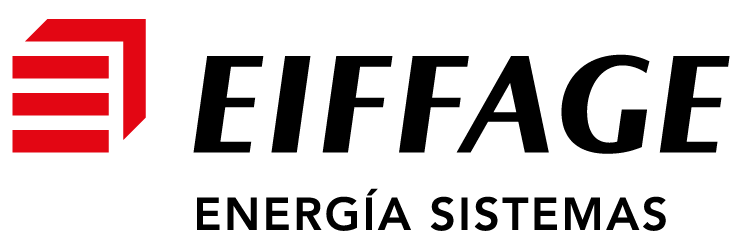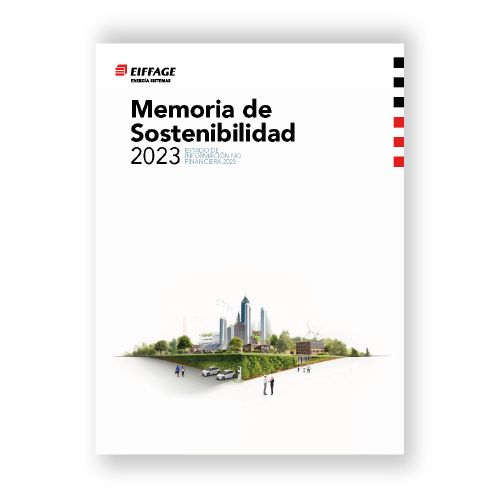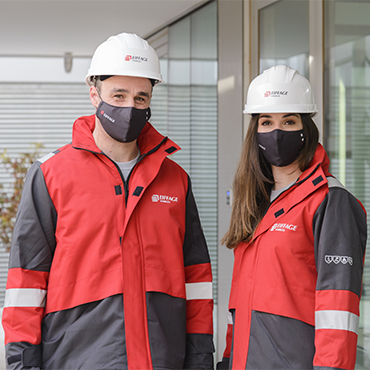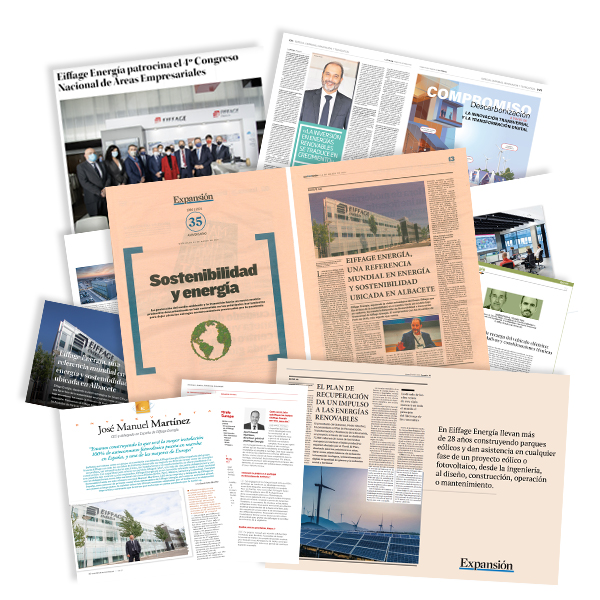E-Invoicing to Eiffage Energy Systems Group
For all those suppliers who have previously been registered in the Eiffage Energía Sistemas Group database, we have introduced electronic invoicing as a means of receiving and accepting invoices. To this end, together with our collaborator INDRA (https://www.ecs-einvoice.onesait.com/#/), we have created a web portal, a faster and more secure communication channel.
To facilitate implementation, Eiffage Energía Sistemas has opted for the xml facturae v3.2, v3.2.1 or v3.2.2 format.
Suppliers have different delivery methods depending on their ability to implement e-invoicing:
- If your company works with a e-Invoicing Service Company (e-ISC): you will need to talk to your e-ISC, which in turn will need to contact INDRA to assess the interconnection between the two platforms. For further information, please contact: gestion.clientesadm@indra.es.
- If not, please access to Ecosystems B2B (https://www.b2bconecta.com/einvoiceng), where there are 2 ways:
➡ 2.1. Carga manual de facturas – Borradores.
In this option it is required to accept and sign the following documents that you will find with the user manual:
Delegación de firma electrónica (in spanish as a requirement from INDRA)
User manual: Manually Uploading Invoices
➡ 2.2. Carga de fichero XML. facturae versión 3.2.x.
In this option it is required to accept and sign the following document that you will find with the user manual and an invoice/credit note example:
User manual: Uploading Invoices XML
At your disposal a technical manual for the correct development of the xml file in the format facturae v3.2.x
CHECK THE STATUS OF YOUR INVOICES
In the following link (under construction) you will find a diagram showing the different processing stages of your invoices. You can check the status on the platform at any time and immediately.
For further information please, contact us in the next e-mail: efactura.EIE.Spain@eiffage.com
By this gesture we all contribute to a greater protection of the environment, reducing the CO2 footprint by avoiding the use of paper and fuel consumption, as well as other materials necessary for the printing and mailing process.


































